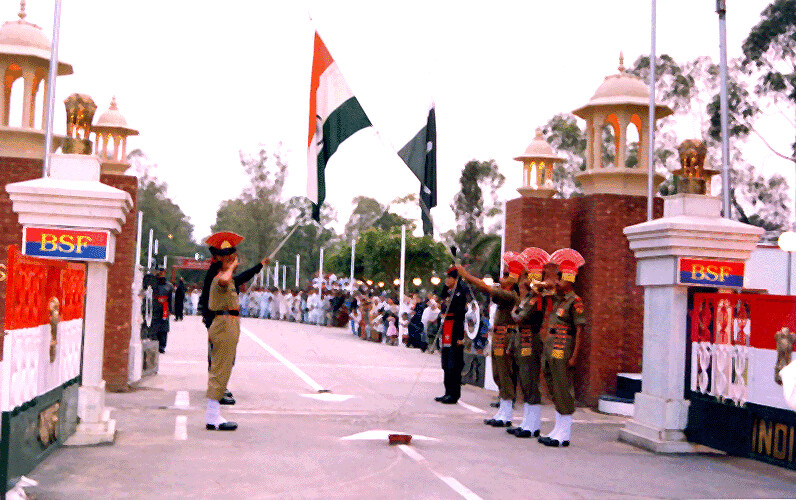Islamabad and Delhi exchange prisoners despite tensions over Kashmir
The gesture of goodwill and détente has been repeated every year since 1991 at the start of the new year under an agreement to prevent attacks on nuclear installations. This allows the two countries to exchange a list of their facilities along one of the hottest borders in the world. Most of the people freed are fishermen caught operating outside their countries’ territorial waters.
Islamabad (AsiaNews) – Two nuclear powers, India and Pakistan, continue to maintain a strong military presence on their borders and a belligerent attitude vis-à-vis each other that fuels instability on one of the "hottest" borders in the world, the armistice line that largely winds through the Kashmir region.
Despite local and global tensions, the two countries created on 14-15 August 1947 by splitting the British Raj continue to respect a crucial framework of contacts and agreements. These include a pact prohibiting attacks on each other's nuclear facilities signed on 31 December 1988 and in force since 27 January 1991.
The Agreement on the prohibition of Attack against Nuclear Installation and Facilities between India and Pakistan includes exchanging the list of nuclear war facilities but also – as a sign of goodwill and détente – the exchange of civilian prisoners, mainly fishermen caught in their respective territorial waters or just outside them, whose fate is also dictated by contingencies in bilateral relations.
This year, on 1 January 2025, the initiative was renewed again, as it has been done since 1991.
A statement by India’s Ministry of External Affairs reads: “India and Pakistan today exchanged, through diplomatic channels, simultaneously at New Delhi and Islamabad, the list of nuclear installations and facilities covered under the agreement on the prohibition of attack against nuclear installations and facilities.”
It is significant that this step also took place at a time of tense relations, because of persistent of instability in Kashmir and terrorist activities based in Pakistani territory, sparking a repressive response by India’s military in the territories under its control in divided and disputed Kashmir.
According to the 2008 Bilateral Agreement on Consular Access, which provides for an update of the situation on 1 January and 1 July of each year, 2,639 Indian fishermen and civilians were jailed in Pakistan and later repatriated in the last decade, 478 fishermen and 13 civilians this year. However, the proposed lists do not always coincide.
This year, India released the names of 81 Pakistani fishermen and 381 civilians in its custody (including 76 whose citizenship is still to be confirmed by Pakistan).
It also reported the names of 217 Indian fishermen and 49 civilians detained in Pakistan, as well as another 183 individuals who have completed their prison sentences but have not yet been repatriated, plus 18 who – again according to Indian sources – currently have no access to consular assistance.
Photo: Flickr / Garima
21/02/2023 11:21
17/11/2022 11:50







.png)










